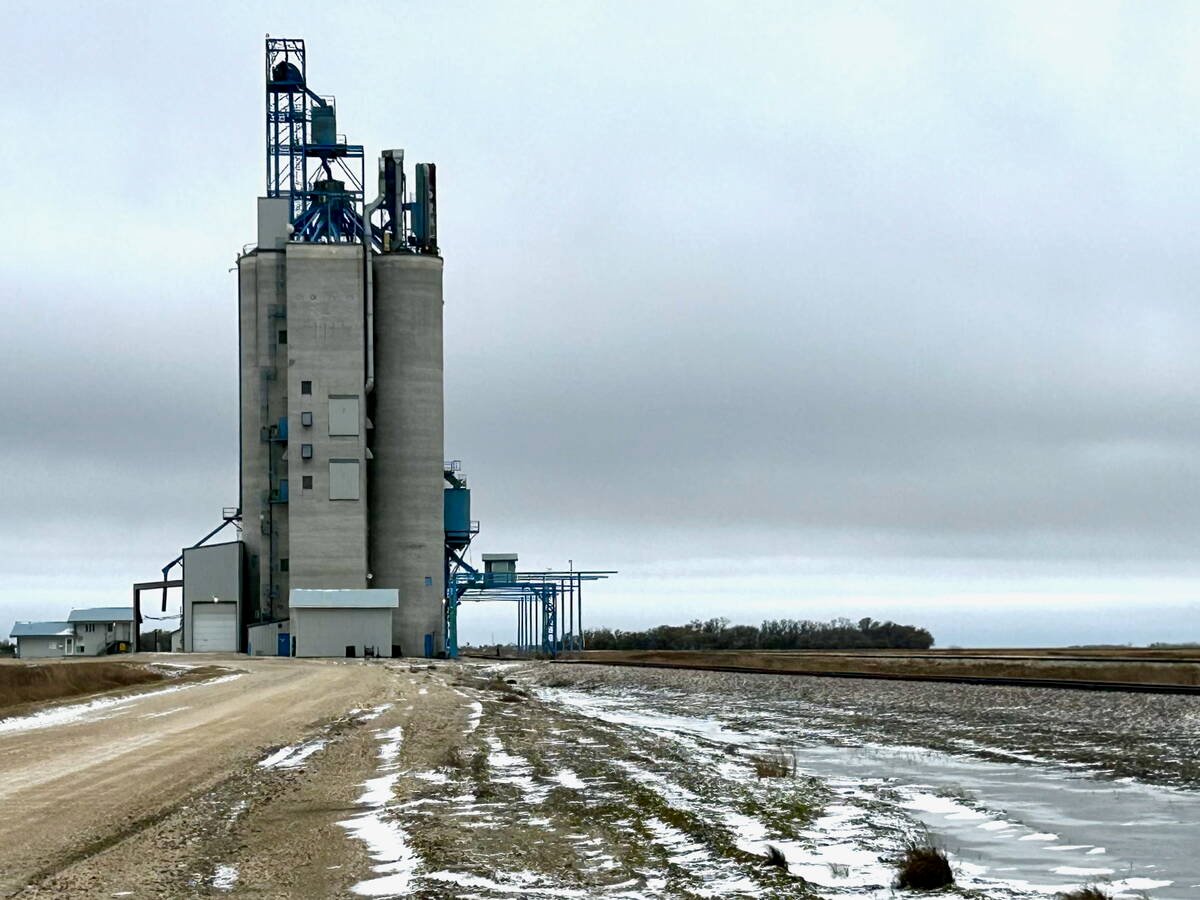MONTREAL – Government and dairy industry officials predict Canada will
win the latest legal challenge to its dairy export policy, but it will
take time and money.
After losing a December decision by the World Trade Organization, the
United States and New Zealand convinced the WTO to establish another
panel to review whether Canadian dairy exports violate controls on
export subsidies.
“Canada has complained about the endless loop of litigations,” Dairy
Farmers of Canada economist Rick Phillips told the DFC annual policy
Read Also

Manitoba grain elevator ownership expands
Carman-based Linear Grain buys Fannystelle elevator from Bunge, another three elevators sold to Morden’s BP & Sons Grain and Storage Inc.
conference held here Jan. 23.
Still, he said Canada and the industry will have to spend the money and
take the time to defend the system all over again.
He said a new panel report is expected near the end of May, with the
inevitable appeal process lasting through summer and into the fall.
“We expect to win again,” he said.
Agriculture minister Lyle Vanclief made the same prediction and
promised government help.
“I assure you the federal government will continue to do everything in
its power to support the industry and we are committed to working with
this industry and provincial governments to defend our export
mechanisms before the WTO compliance panel,” Vanclief said.
“We are not going to back down. We will fight with you and we will
fight vigorously all the way.”
The international fight over the legality of Canada’s dairy export
policy has dragged on for more than three years.
When exports started, they were organized through the supply management
system and special classes were created within the quota system.
The U.S. and New Zealand complained that these bodies were creatures of
government and were therefore exporting at prices cheaper than domestic
prices. They argued that this was effectively an export subsidy,
putting Canada in violation of WTO rules against increasing exports of
subsidized product.
The WTO agreed and Canada was ordered to change the way it exports or
face retaliation.
Canada responded by moving milk boards out of the picture. Farmers who
produced for export started to do so outside the quota system.
The critics said the hand of the marketing boards was still visible and
they complained to the WTO that Canada had not complied with the
ruling. A WTO compliance panel agreed with them last July.
Canada appealed and in December, an appellant panel sided with Canada,
arguing that the compliance panel was flawed.
However, it did not rule on whether Canada was in compliance, noting
only that once the original judgment was overturned as inappropriate,
there was no need to judge Canada’s rules.
Canadian officials proclaimed the long fight over. Trade minister
Pierre Pettigrew said it proved the worth of WTO for a medium-sized
exporter like Canada, which was able to beat a challenge from a giant
like the U.S.
But the Americans and their New Zealand allies were not yet ready to
concede defeat. The trade lawyers are back on the case.
“I didn’t expect to be standing before you this year talking about this
issue again,” Phillips told the convention. “Here I am.”














